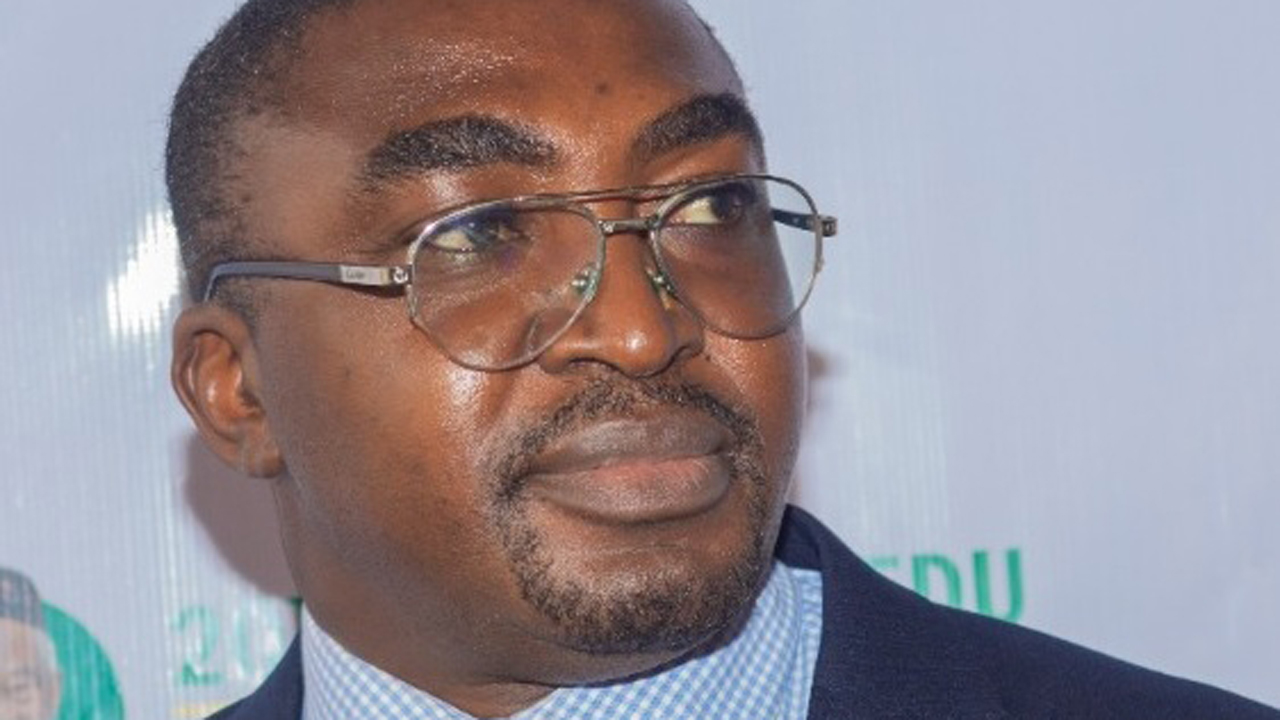
Experts in the built environment have urged professionals to incorporate earthquake-resistant solutions into projects and provide regular training courses and examinations in structural engineering in the country.
They spoke at this year’s general meeting of the Nigerian Institution of Structural Engineers in Abuja, stressing that it would make structures more detailed and refine the concept as architectural designs stretch the physical, mental and intellectual faculties.
The institution’s President, Dr Johnson Adeyoye, also urged the Federal Government to stem the tide of building collapse, by allowing only registered structural engineers to design, and supervise the construction structures and multi-storey buildings.
Speaking on ‘Building Stronger and Leaner Structures in a Challenging Economy,’ Dr S K Ilugbekai, wants professionals to take responsibility in all aspects of construction, and foster robust and resilient structural engineering in the country.
He noted that services rendered efficiently motivate experienced engineers to be more forthcoming in providing safe solutions for the country, and equally, a motivation to the younger generations to be attracted to the profession.
Similarly, Oluseyi Awodein, explained that to provide sustainable professional regulations for structural engineering practice, it is crucial to establish a robust framework that will ensure safety, and promote ethical practice that supports development goals.
On stimulating the economy for higher productivity, Aileme Unuigbe, said involving stakeholders in city infrastructure development will ensure sustainable growth in transportation, housing, manufacturing industry, and telecommunications sectors.
Also, Aliyu Abubakar called on engineers to rise to the challenges of the 21st century by embracing the power of technology, which will create a world that is safer, more resilient, and innovative.
On his part, Sony Ali, who examined climate change effects on engineering construction, stated that to adequately design and manage construction projects, the knowledge of short-term weather and long-term climate variability are important.
Ali said: “We must inspire our engineers to build a future that reflects their talents and ambitions. We must push the boundaries of what is possible in structural engineering and shape a future that is dynamic and innovative.”






